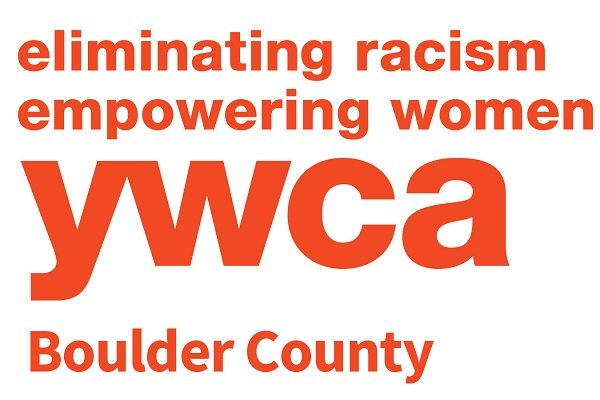Supporting our Young People: The Critical Role of Mental Health
When asked what topics are critical for success for high schoolers in our Young Women+ Achievement Program (YW+A), our advocates responded with a resounding need for mental health support.
YW+A is an identity and culturally responsive mentoring program that works with local high school students of color of all gender identities in overcoming systemic barriers to success by bridging opportunity gaps. These mentors encourage students to reach their academic and personal goals while building community and providing a sense of belonging for student populations who, at times, may have felt isolated. Our advocate mentors meet with high schoolers to provide support and discuss topics high schoolers identify are critical for their success.
One such topic that is pervasive in conversations is mental health. To adequately prepare our advocates to navigate these conversations, we are partnering with NAMI Boulder County. NAMI will train our advocates in mental health discussions so that they can then support their high schoolers to be successful.
Mental health profoundly influences how we think, feel, and interact with the world, particularly for marginalized communities who face additional stressors such as discrimination and inequality. By prioritizing mental health, we empower individuals to overcome challenges, build resilience, and advocate for themselves and their communities. Access to mental health resources, education, and support is vital in helping individuals gain confidence, develop essential skills, and stand up for themselves and others.
Understanding the Crisis
Mental health conditions can affect anyone, but they often begin early in life. Currently, one in six youth aged 6-17 faces a mental health challenge, and 50% of all lifetime cases of mental illness start by age 14. By age 24, that figure rises to 75%. These statistics underscore the urgency of early intervention, yet many young people suffer in silence without the support they need.
How We Can Support Young People
Supporting young people's mental health starts with cultivating a culture of empathy and understanding. As parents, caregivers, teachers, and mentors, it is our responsibility to ensure that young people feel safe to express themselves. By listening and sharing our own experiences, we can help break the stigma surrounding mental health and normalize these important conversations, showing that it’s okay to struggle and seek help. Promoting healthy habits such as regular exercise, a balanced diet, adequate sleep, and taking breaks from social media can significantly enhance mental well-being. Additionally, encouraging relaxation techniques like deep breathing and meditation can help young people manage stress and build resilience.
Recognizing When to Get Help
Recognizing the signs of a mental health issue is crucial. Warning signs may include persistent sadness, harmful behaviors, intense fear or anxiety, and significant changes in mood or behavior. Other indicators might be eating disorders, substance abuse, and extreme difficulty concentrating. These are not just phases; they could signal a more serious health condition. It’s essential that we ensure our youth know they are not alone and that seeking help is a courageous and necessary step toward healing.
Building a Better Future Together
Mental health is not just about feeling good; it’s about living a full, meaningful life. By prioritizing mental health, we lay the foundation for a more equitable and compassionate community. Access to mental health care is essential for everyone, and we advocate for policies that expand this access. Focusing on mental health helps us create a more inclusive and equitable society where peace, justice, freedom, and dignity are realities for all. Join us in making mental health a top priority as we work together toward a stronger, more resilient community.
(Statistics sourced from the YWCA Blog: Supporting Our Young People During Mental Health Awareness Month and Beyond.)
